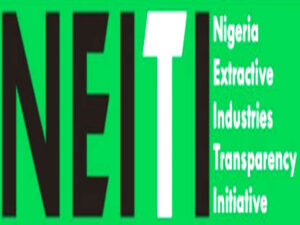Libya is working hard to actualize its dream to become Africa’s energy production hub, specifically hoping to overthrow Nigeria.
The Libya’s state-owned National Oil Corporation (NOC), confirmed it will organize the first USA–Libya Energy Forum, with the date yet to be set. The event aims to expand American investment in Libya’s oil and gas sector and speed up production growth.
In recent months, Tripoli has stepped up efforts to draw U.S. companies.
After signing a Memorandum of Understanding (MoU), with ExxonMobil and opening 22 new oil and gas blocks for the first time in 17 years, the Libyan government proposed a $70 billion strategic partnership with Washington covering energy, mining, and infrastructure.
These moves are designed to secure financing and technical expertise to help the country reach 2 million barrels per day (bpd) by 2028.
Libya’s current output rose to 1.38 million bpd in August, continuing an upward trend.
Libya’s drive reflects its ambition to reclaim a top spot in Africa’s oil market, narrowing the gap with Nigeria.
Nigeria currently produces around 1.5 million bpd and is pushing for its OPEC quota to be raised to 2 million bpd by 2027.
However, recurring problems -pipeline sabotage, delayed maintenance, and chronic underinvestment have cast doubt on those plans.
Libya, despite political instability, has shown stronger operational control and greater transparency.
According to reports if Tripoli maintains stability and secures American and European commitments, it could surpass the 2 million bpd mark faster than expected. A relapse into conflict or political deadlock, however, would expose its structural fragility.
For Nigeria, the next key moment will be OPEC’s ministerial meeting in November, where it hopes to convert technical recovery into a formal quota increase.
The rivalry remains open, but for the first time in more than a decade, Libya appears within reach of catching up with, or even overtaking, its West African competitor.





